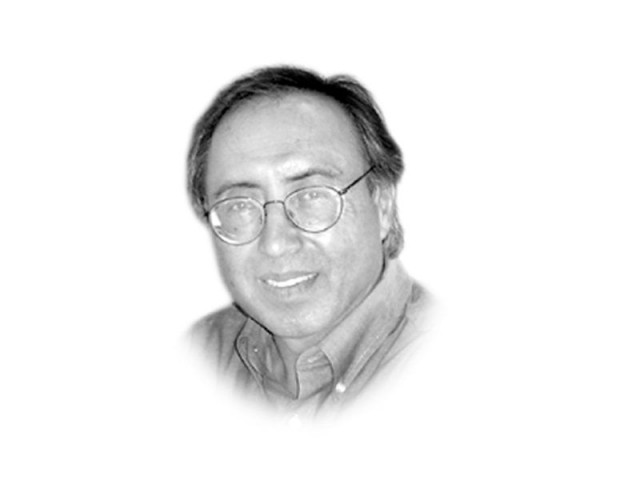The leadership crisis
A change is possible and seems to be happening in the urban areas of the country

The writer is a professor of political science at LUMS, Lahore. His recent book is Imagining Pakistan: Modernism, State and the Politics of Islamic Revival (Lexington Books, 2017)
This brings us to the social and political structures that are responsible for the rise, prominence of political leaders and determining their formal roles in public institutions. The classes that dominate the grassroots level society and also dominate its politics. They are primarily the landowning, tribal and caste and clan-based structures. These structures have a strong inheritance of the colonial social and political engineering the British did in this part of the subcontinent to run a vast empire effectively. There was a political reason for why these classes were given huge land grants supplemented with judicial and administrative powers to deal with the local issues.
India demolished the colonial social and political structures by land reforms, and that paved the way for the emergence of new political leadership, new parties and flourishing of new leaders, if not the new ideas. Had Pakistan implemented the Muslim League’s manifesto of 1946, it would have done the same thing. In the chaos of politics and rapid political transitions the League and the country itself lost a clear sense of destiny.
Without land reforms, the electoral politics rather legitimised the colonial social and political structures. The landowning class used its colonial status, social standing, land-based economic power and social influence to dominate the electoral process. It left hardly any space for any new leadership. The League and other parties had to depend on the same classes that British created in the provinces that now constitute Pakistan. The case of East Pakistan, where land reforms had been implemented — for communal reasons — was different. That produced social and political forces and ideas that became focused on identity, devolution, true federalism and representation. The contrast in the social base of the leadership of the two wings were too obvious and so the contradictions in their political orientation.
The class structure of the political base of the parties and electoral politics of Pakistan has not changed. The problem is that it is not open to a fair competition for the new political aspirants. One has to be a member of a political family with a solid social base in land, tribe, cast and clan to run for elections. A change is possible and seems to be happening in the urban areas of the country in terms of new candidates, but here too, it is not as much the good political work of a candidate as it is the party affiliation factor. Who gets nominated for a particular political party in any constituency is determined not by the local electorates but by the party bosses.
How is it possible for a new leadership to emerge if dynastic politics from constituency to the national level has become institutionalised? There are two ways that will end political stagnation and create space for new leaders. First urbanisation and second democracy within the political parties. Until that happens, we must endure the dynastic leaders.
Published in The Express Tribune, January 17th, 2018.
Like Opinion & Editorial on Facebook, follow @ETOpEd on Twitter to receive all updates on all our daily pieces.














COMMENTS
Comments are moderated and generally will be posted if they are on-topic and not abusive.
For more information, please see our Comments FAQ